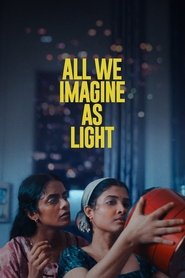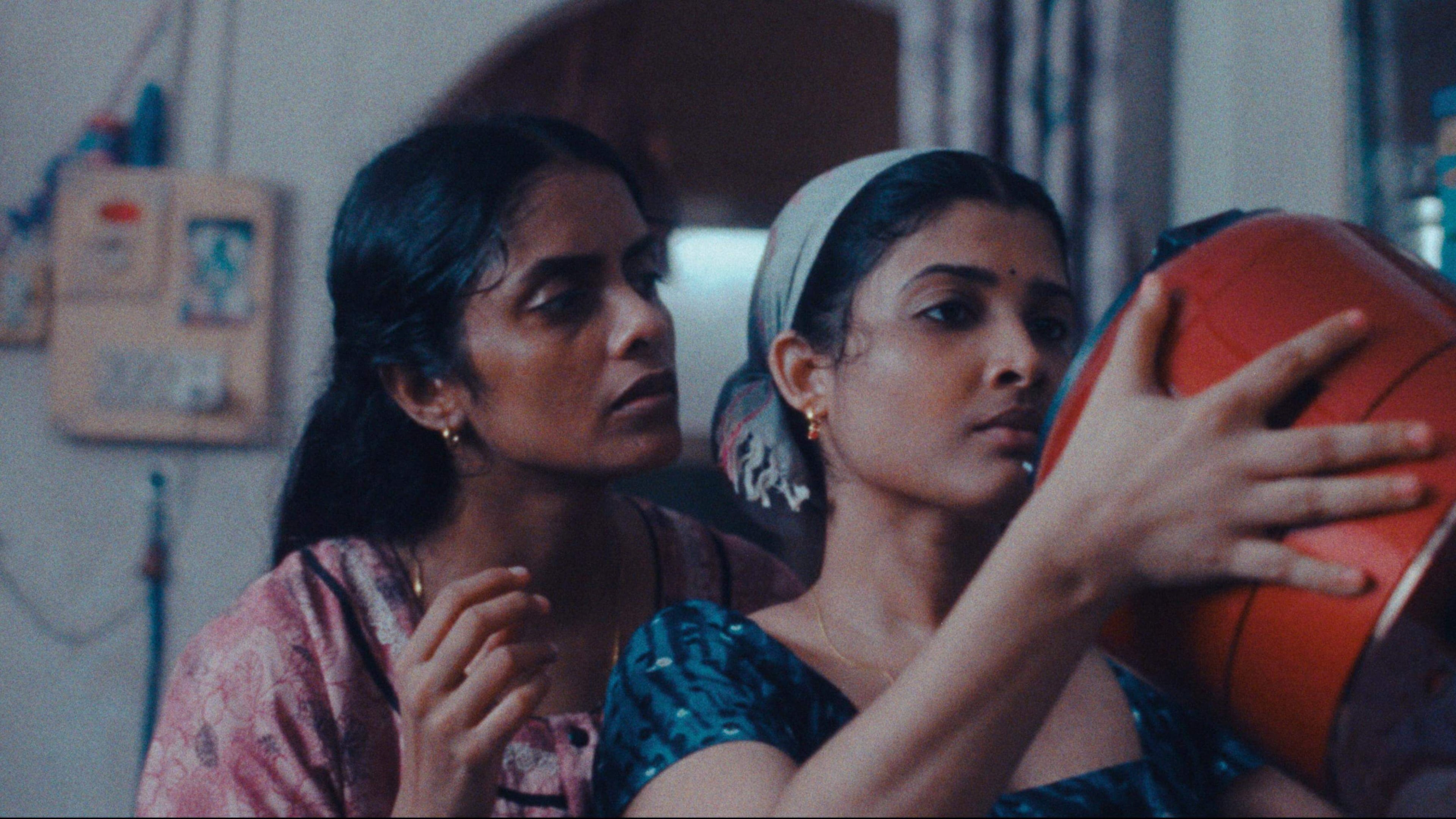Watch പ്രഭയായ് നിനച്ചതെല്ലാം (2024) Movie

In Mumbai, Nurse Prabha's routine is troubled when she receives an unexpected gift from her estranged husband. Her younger roommate, Anu, tries in vain to find a spot in the city to be intimate with her boyfriend. A trip to a beach town allows them to find a space for their desires to manifest.

- nurse
## Shattered Reflections: When the Radiant Illusion Fades
The Malayalam phrase "Vilem Prabhayai Ninachathellam" translates roughly to "All that I thought was light turned out to be darkness." It's a poignant expression, capturing the universal heartbreak of shattered illusions, of realizing that what we held dear, what illuminated our path, was in fact a source of shadow and disillusionment. While seemingly simple, the phrase speaks volumes about human nature, our capacity for both idealism and profound disappointment.
This isn't just about a specific event or relationship. It’s a broader commentary on the human condition. We are, by nature, optimistic creatures. We need to believe in something – in the inherent goodness of people, in the promise of a brighter future, in the power of love and loyalty. We build these beliefs, these shimmering ideals, and use them as beacons to navigate the complexities of life.
However, reality often has a cruel way of dismantling these carefully constructed castles in the sand. The betrayal of a trusted friend, the collapse of a cherished dream, the slow erosion of faith in a system – these are the experiences that force us to confront the "darkness" hidden beneath the "light."
The pain of this realization is particularly sharp because it's not just the loss of something tangible; it's the loss of an *idea*. It's the death of the belief itself. We mourn the naive idealism we once possessed, the unwavering faith that allowed us to move forward with such conviction. The world, once bathed in the warm glow of possibility, suddenly seems colder and more cynical.
Consider the disillusioned politician. They enter public service with noble aspirations, driven by a genuine desire to improve the lives of their constituents. They envision a world of fairness and justice. But the realities of political maneuvering, the compromises, the corruption, and the sheer inertia of bureaucracy can slowly chip away at their idealism. Eventually, they may find themselves complicit in the very system they initially sought to reform, realizing that the "light" of public service has been swallowed by the "darkness" of political expediency.
Similarly, a passionate artist, driven by the burning desire to create something beautiful and meaningful, might face relentless rejection, financial hardship, and the nagging feeling that their work is ultimately insignificant. The "light" of creative inspiration can dim under the weight of practical realities, leaving them feeling lost and disillusioned.
The key to navigating this painful transition is not to completely abandon hope, but to temper idealism with realism. Recognizing that the world is a complex and often contradictory place allows us to build more resilient beliefs, ones that can withstand the inevitable storms of life.
Instead of clinging to the notion of perfect light, we must learn to appreciate the interplay of light and shadow. Embracing the complexities of the world, acknowledging the imperfections in ourselves and others, allows us to find a different kind of illumination – one that is grounded in reality and tempered by experience.
The phrase "Vilem Prabhayai Ninachathellam" is not an indictment of hope itself, but a call to examine the foundations upon which our hopes are built. It's a reminder that true strength lies not in blind faith, but in the ability to navigate the darkness, to learn from our disappointments, and to find a new, more sustainable source of light within ourselves. Ultimately, the fading of the illusion can pave the way for a deeper, more authentic understanding of the world, and a more resilient, less easily shattered, sense of hope. The journey from naive optimism to grounded hope is often painful, but it's a necessary step in becoming truly wise.

Post a Comment